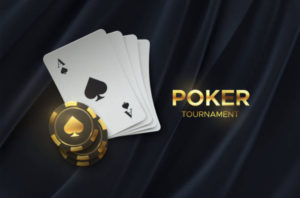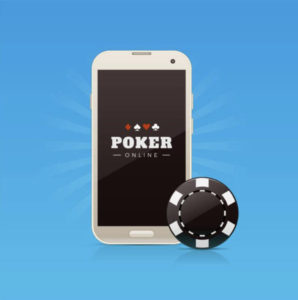Are you confused by the wide range of cannabis products that have hit the market in recent years? If so, you’re not alone.
As the use of cannabis and its derivatives continues to grow, there is a growing interest in understanding the compounds that make up the plant. Among the most well-known and widely used compounds found in cannabis are THC and CBD.
Though derived from the same plant, they have markedly different effects on the body and mind.
In this article, we explore the difference between THC and CBD in detail. Keep reading to learn more.
What is THC?
THC, or tetrahydrocannabinol, is the psychoactive compound found in cannabis that is responsible for the “high” people feel when they consume cannabis. THC has the ability to produce euphoria, relaxation, and altered sensory perception.
It works by binding to receptors in the brain that are responsible for mood, appetite, and pain perception.
The amount of THC in different strains of cannabis can vary, and its effects can vary depending on the dosage, method of consumption, and individual tolerance.
While THC can be beneficial for some medical conditions, it is also associated with negative side effects such as anxiety, paranoia, and impaired memory.
THC has been found to have a number of medical benefits. Delta variants have been used to relieve pain, reduce inflammation, stimulate appetite, and treat conditions such as glaucoma, nausea, and multiple sclerosis.
THC has also been found to have potential as a treatment for psychiatric disorders such as depression and PTSD.
Here’s a resource where you can learn why unregulated THC variants are dangerous.
What is CBD?
What is CBD? CBD, or cannabidiol, is another compound found in cannabis that has gained popularity in recent years.
CBD isn’t psychoactive. This means it doesn’t produce a “high.”
Instead, CBD is known for its therapeutic properties and has been used to treat a wide range of medical conditions. CBD works by interacting with the body’s endocannabinoid system, which is responsible for regulating mood, appetite, and sleep.
It has been found to have anti-inflammatory, anti-anxiety, and anti-seizure properties, making it a popular choice for those seeking natural remedies for their health issues.
CBD is found in varying amounts in different strains of cannabis, and it can be extracted and used in a variety of forms, including oils, edibles, and topicals.
The Differences Between THC and CBD
While THC and CBD are both derived from cannabis, they have vastly different effects on the body and mind. Here are some of the key differences:
Psychoactive Properties
One of the most significant differences between THC and CBD is their psychoactive properties. THC is psychoactive and produces a “high” when consumed, while CBD is not psychoactive and does not produce a “high.”
THC binds to the CB1 receptors in the brain, while CBD does not bind to these receptors.
Medical Benefits
Both THC and CBD have been found to have medical benefits, but they work in different ways. THC is known for its pain-relieving properties, making it a popular choice for those suffering from chronic pain conditions.
It has also been found to stimulate appetite, making it useful for those undergoing chemotherapy or suffering from eating disorders.
CBD, on the other hand, has been found to have anti-inflammatory properties and is useful in treating conditions such as arthritis and multiple sclerosis. It has also been found to have anti-anxiety properties and can be used to treat anxiety disorders.
CBD has been found to be effective in reducing seizures in patients with epilepsy, particularly in children.
Legal Status
The legal status of THC and CBD varies depending on where you live. In most states in the US, THC is illegal for recreational use but is legal for medical use with a prescription.
CBD, on the other hand, is legal in most states for both medical and recreational use, as long as it is derived from hemp and contains less than 0.3% THC.
Side Effects
While THC and CBD are generally considered safe, they can have different side effects. THC can cause anxiety, paranoia, impaired memory, and increased heart rate. CBD, on the other hand, can cause drowsiness, dry mouth, and changes in appetite.
Drug Testing
Because THC is psychoactive, it can show up on drug tests. CBD, on the other hand, will not show up on a drug test as long as it is derived from hemp and contains less than 0.3% THC.
Legal Regulation
THC variants are heavily regulated and can only be purchased from licensed dispensaries in states where it is legal. CBD, on the other hand, is much less regulated and can be purchased in a variety of forms online or in health food stores.
Dosage
The dosage of THC and CBD can also vary greatly. THC can have different effects depending on the amount consumed, while CBD is generally considered safe even at high doses.
Method of Consumption
THC and CBD can be consumed in a variety of ways, including smoking, vaping, edibles, and topicals. The method of consumption can affect the onset and duration of their effects.
A Guide to the Difference Between THC and CBD
It’s no secret that cannabis use is more popular than ever before. That’s why everyone should understand the difference between THC and CBD so they can find the perfect products for their lifestyle.
Please continue exploring this blog to find more articles filled with useful lifestyle-oriented information and advice.




















4 Comments